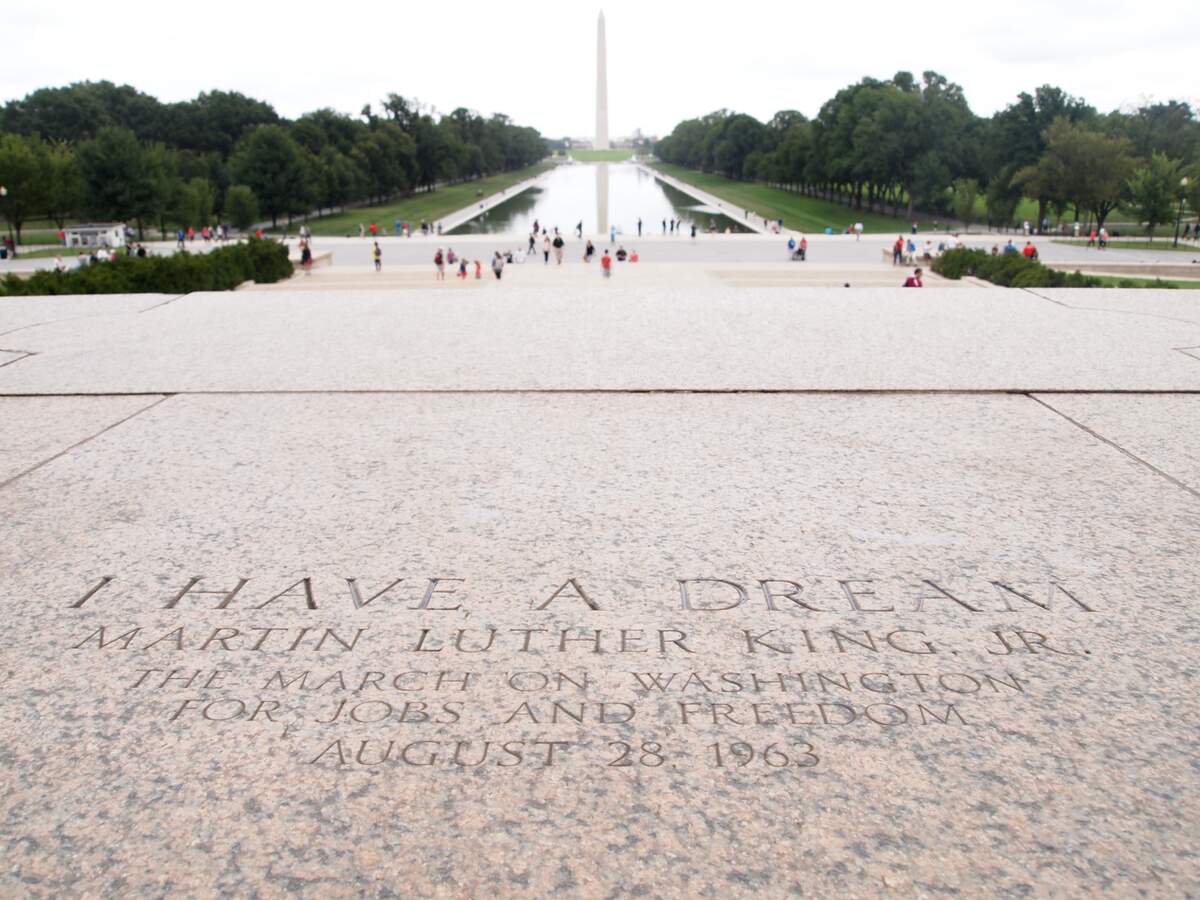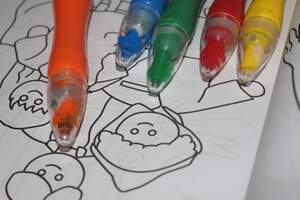

Martin Luther King, Jr. Day
Also known as
King Day
MLK Day
Reverend Dr. Martin Luther King Jr. Day
Observed
the third Monday in January (since 1986)
Dates
Hashtags
Sources
Martin Luther Luther King, Jr. Day honors the legacy and celebrates the birthday of the iconic civil rights leader, Martin Luther King, Jr. A campaign to create the day started shortly after King's death in 1968. Representative John Conyers (D-MI) and Senator Edward Brooke (R-MA) introduced a bill to make King's birthday a national holiday, and it first came up for a vote in 1979 but fell short. The two main arguments against its creation were that having another paid federal holiday would be too expensive and that honoring a private citizen would go against tradition. Up until that time the only two other figures were honored with a national holiday, George Washington and Christopher Columbus.
The King Center turned to support from the public and corporate community to continue pushing for the day. Stevie Wonder released "Happy Birthday" in 1980 and hosted the Rally For Peace Press Conference in 1981 to encourage the creation of the day. Six million signatures were part of a petition to Congress urging for the day. Ronald Reagan originally opposed the day because of cost concerns, but signed the bill on Nov 2, 1983; it was first observed three years later, on January 20, 1986. All states began observing it in some form by 1991, when New Hampshire abolished Fast Day and started observing Civil Rights Day. If was officially observed by name in all states beginning in 2000, after Utah changed the name of the day from Human Rights Day to Martin Luther King, Jr. Day. As of 2017, some states combine Martin Luther King Jr. Day with other holidays. Most notably, both Alabama and Mississippi celebrate Martin Luther King, Jr. and Robert E. Lee's birthdays on the same day. About a third of workers have the day off. Workers from nonprofit organizations are most likely to have non-work days, while those that work in factories and in manufacturing are least likely to have the day off.
The King Holiday and Service Act was co-authored by Representative John Lewis (D-GA) and Senator Harris Wofford (D-PA), who also started the Martin Luther King, Jr. Day of Service. The legislation encouraged citizens to transform Martin Luther King, Jr. Day from a day of observance, to a day of action and service. It was to be a day of using community action to solve social problems, just as King did. President Clinton signed the legislation into law in 1994. Today many organizations participate in the National Day of Service, which is the only national day of service besides the National Day of Service and Remembrance on September 11 each year.
Martin Luther King, Jr. fought for equality and human rights for African Americans and all victims of injustice. He used nonviolent direct action and peaceful protest to achieve his goals and was influenced by Gandhi and Jesus Christ. He was born on January 15, 1929, in Atlanta Georgia. At the age of 15, he went to Morehouse College and studied medicine and law. He then attended Crozer Theological Seminary in Pennsylvania and earned a Bachelor of Divinity degree. He completed a doctorate program in systematic theology at Boston University and met and married Coretta Scott while in Boston.
In 1954, King accepted a call to preach at Dexter Avenue Baptist Church in Montgomery, Alabama, following in the footsteps of his father, who was also a preacher. On December 1, 1955, Rosa Parks refused to give up her seat on a Montgomery bus, sparking the Montgomery Bus Boycott. King became the protest's leader and spokesman, and came into the national spotlight, as victory was achieved integrating the buses. In all the boycott lasted 381 days.
Shortly afterward King and other civil rights activists founded the Southern Christian Leadership Conference (SCLC), which he headed until his death. As part of his work with the SCLC, he traveled the country and world and gave lectures on nonviolent protests and civil rights, and met with key political and religious leaders and activists. From 1960 until his death he also served as co-pastor with his father at the Ebenezer Baptist Church in Atlanta.
In 1963, the SCLC launched the Birmingham Campaign, which used boycotts, sit-ins, and marches to protest segregation and unfair housing practices in one of America's most racially divided cities. King was arrested and put in jail, where he wrote his famous "Letter From Birmingham Jail." Throughout his life he would be arrested about 30 times for civil rights activities. Later that year he helped organize the March on Washington, which is where he delivered his famous "I Have A Dream" Speech. The March was attended by roughly 250,000 people, making it an important moment in the Civil Rights Movement; it also helped to facilitate the passage of the Civil Rights Act in 1964. King was named the TIME Person of the Year in 1963, and awarded the Nobel Peace Prize in 1964.
In 1965, the SCLC worked with the Student Nonviolent Coordinating Committee (SNCC) for voting rights in Selma, Alabama, and King participated in the Selma to Montgomery march. This march helped to raise awareness for the Voting Rights Act, which passed in August 1965.
By the late 1960s, King was broadening his focus. In 1967 he spoke out against the Vietnam War. In the final months of his life, he turned his attention towards poverty. He worked to organize the Poor People's Campaign, which was to culminate with a massive march on to the capital. King would not live to see the Campaign come to fruition, as he was shot on the balcony of the Lorraine Motel in Memphis, Tennessee, on April 4, 1968. He had been in the city to lead sanitation workers in protest against low wages and bad working conditions.
How to Observe Martin Luther King, Jr. Day
Honor Martin Luther King, Jr.'s legacy by doing your part to improve your community and the world. Work for justice and a more equitable society. Today you could find volunteer opportunities in your area, and take a pledge to serve and be involved, not just today, but throughout the year. Explore resources to promote the day as well as toolkits. If you have an organization that has volunteer projects you can register the organization. Lesson plans can also be used to teach children about the day. Besides being actively involved on the day, there are numerous ways the legacy of Martin Luther King, Jr. can be reflected upon:
- Read "Letter From a Birmingham Jail."
- Read or watch King's "I Have a Dream" Speech.
- Watch Eyes on the Prize or King: A Filmed Record...Montgomery to Memphis.
- Visit the King Center or the National Civil Rights Museum, which is located at the Lorraine Motel where King was shot.





















